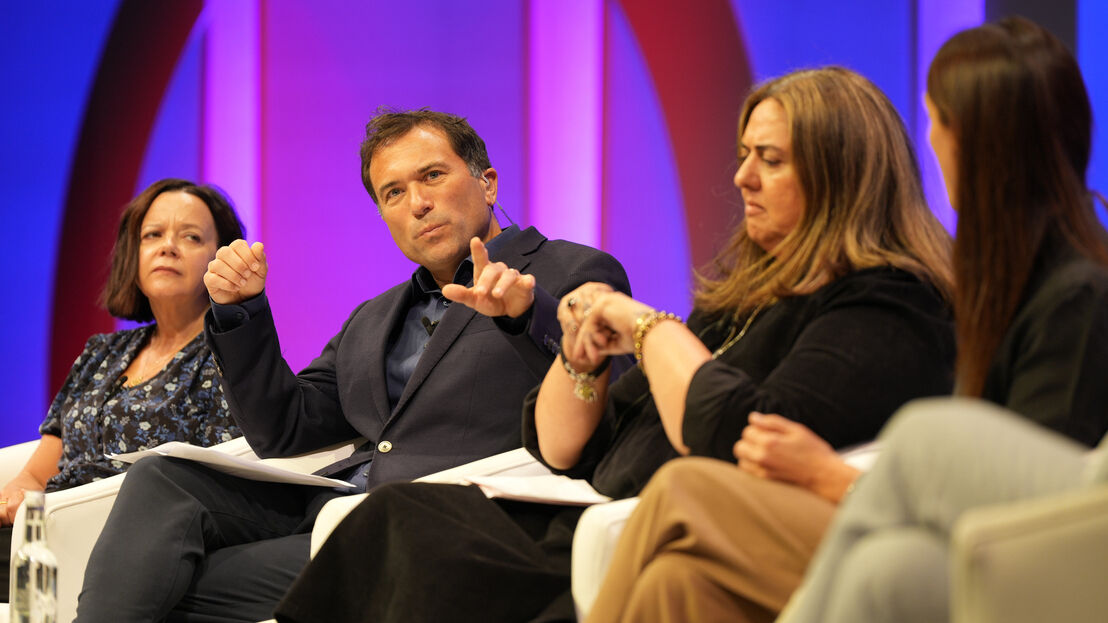A significant number of UK households still rely solely on traditional TV platforms such as digital terrestrial television (DTT), cable or satellite, and without government intervention, some groups may find it difficult to adopt internet-based TV (IPTV), according to a new report for the Department for Culture, Media and Sport (DCMS).
The ‘Revealing Reality’ report was commissioned by the DCMS to inform future policy decisions and to understand the barriers to wider IPTV adoption.
.jpg)
It concludes that more households are incorporating IPTV into their viewing habits, often alongside traditional platforms. Over the next decade, the number of IPTV only and hybrid households is expected to grow, gradually becoming the majority.
At the same time, maintaining the DTT network is becoming increasingly costly and less sustainable, says the DCMS.
The infrastructure costs remain broadly fixed, meaning that as the number of DTT viewers declines, the cost per remaining viewer rises.
The report found that many DTT-only users were satisfied with their current setup and had never actively considered switching. Some lacked awareness of IPTV options, while others misunderstood what IPTV entailed. Misconceptions included assumptions that IPTV required a costly pay-TV subscription, that they would lose access to live TV, or that IPTV would be complex to set up and use.
While most DTT-only users had broadband, some faced issues with reliability and therefore assumed IPTV might not work consistently in their homes. A small number had no home broadband, either due to financial reasons or personal choice, relying instead on mobile data for internet use. Others were apprehensive about becoming fully reliant on the Internet for TV, fearing outages or connection issues.
Most participants were comfortable setting up and using IPTV independently, but a smaller group – primarily older individuals or those with low digital confidence – felt they would struggle.
A minority faced genuine financial constraints that made IPTV currently unattainable. Some of those participants could not afford broadband, while others worried about sustaining the ongoing cost.
The report concluded that efforts to support these people to adopt IPTV could focus on four key areas:
• Addressing misconceptions – Providing clear information on free or low-cost IPTV options, how to access live TV, and simple setup processes.
• Structured support for those without informal help – Ensuring practical, hands-on guidance is available for people who cannot rely on family or friends, covering both initial setup and learning to use IPTV confidently over time.
• Addressing financial barriers – Raising awareness of free IPTV services, existing financial support schemes, and potential subsidised broadband options for low-income households.
• Improving awareness of internet solutions – Helping people understand alternative broadband providers, wired connections (such as ethernet cables), and Wi-Fi boosters to improve IPTV reliability.
• Ensuring broadband access – Continuing efforts to expand affordable and reliable broadband coverage to support IPTV adoption.

Lucasfilm President Kathleen Kennedy steps down
Kathleen Kennedy, President of Lucasfilm, is stepping down after 14 years. She plans to transition back to full-time producing, including the studio’s upcoming feature films The Mandalorian and Grogu and Star Wars: Starfighter.

Paramount appoints Reemah Sakaan as President of 5
Paramount has appointed Reemah Sakaan as President of its UK public service broadcaster, 5.

Sony films to stream worldwide exclusively on Netflix
Netflix and Sony Pictures Entertainment (SPE) have agreed on a first-of-its-kind global streaming deal for SPE movies.

BBC in talks to produce content for YouTube
The BBC and YouTube are in discussions for a deal that would see the UK broadcaster produce content for the Google-owned video platform.

Banijay confirms merger talks with All3Media
Banijay Group has confirmed it is in talks about merging its TV production business with rival superindie All3Media.




